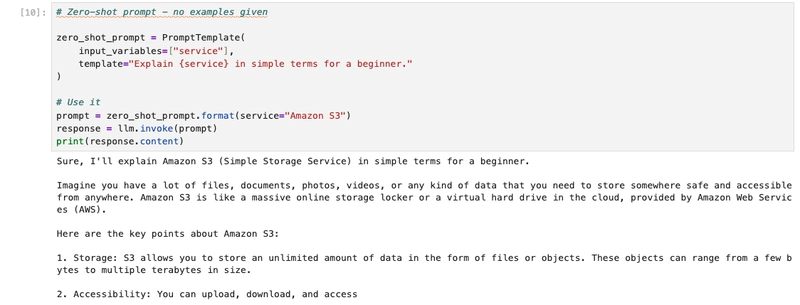Introduction
Artificial Intelligence (AI) and Large Language Models (LLMs) are fundamentally reshaping scientific research. These technologies are going beyond text to include multimedia capabilities and are transforming how complex tasks are approached across disciplines—from medicine to materials science. By automating everyday tasks, accelerating discoveries, and allowing researchers to solve complex problems more efficiently.

Increasing Research Efficiency
AI can increase research efficiency by automating various tasks such as data analysis, hypothesis testing, and literature review which require lot of time and effort of researchers. For example, the concept of an "autonomous generalist scientist" (AGS)—a system combining AI and robotics to manage the entire research process—promises significant reductions in time and resource requirements. Various Studies in various disciplines indicates that AI automates over half of researchers workload, freeing researchers to focus on evaluating AI-suggested innovations and strategic decisions. In data-intensive fields like genomics and climate science, AI-powered platforms rapidly analyze massive datasets, revealing patterns and insights beyond human capability.

Agentic Research Evolution
AI Agents can help to bring these advance technologies in the current research landscape with much greater efficiency and less complexities for researchers. These agents can:
- Automate routine tasks, freeing researchers for creative and complex work
- Analyze data with high precision, reducing human errors
- Provide comprehensive insights for informed decision-making
- Explore vast problem spaces to identify novel solutions
- Facilitate interdisciplinary collaboration
One of the example of such type of agent is Research Agent, an open-source web application designed to assist researchers by automating and optimizing various aspects of the research process. It leverages AI technologies like LLMs, Web Search and Indexing to streamline tasks such as creating research plans, conducting literature reviews, and performing data analysis. This allow users to generate comprehensive research on diverse topics with a single click.

How Research Agent Works
The Research Agent uses the LangGraph research assistant framework to structure its workflow. This framework ensures efficient data fetching, analysis, and synthesis into final research outputs. The architecture consists of nodes and edges designed for proper data handling and effective response generation. For generating and summarizing findings, the system uses LLM models, which are well-suited for this workflow. To enhance web search capabilities, various search APIs are integrated, enabling the agent to retrieve real-time content without getting blocked, thus making the research process more efficient and up-to-date.
If you like the project then
It means a lot for me.

AI as a Copilot, Not as Pilot
While AI’s role in research is amazing and helpful, but experts also agreed that AI should help the professionals instead of replacing them. It is also proved that AI lacks creativity, critical thinking, and holistic understanding which are inherited in humans. Frameworks like LangChain and many more AI related frameworks considered such limitations of AI therefore these frameworks introduced Human-In-Loop(HIL) mechanism which allow such technologies to provide more creative and better responses. Still such technologies are not able to fully substitute human researchers and they can't be, suggesting a future where AI acts as a powerful assistant rather than a standalone scientist. (Yup! we are safe...)
Conclusion
AI Agents can revolutionize research landscape by enhancing productivity. Its ability to automate tasks and analyze vast datasets is reshaping how science is conducted. Practical tools such as Research Agent demonstrate how AI can streamline research workflows and provide comprehensive researches. However, realizing AI’s full benefits requires careful attention to ethical standards, human-in-loop, and sustainable integration. Balancing innovation with responsibility will be key to advancing knowledge while preserving human integrity in this ongoing tech revolution.


